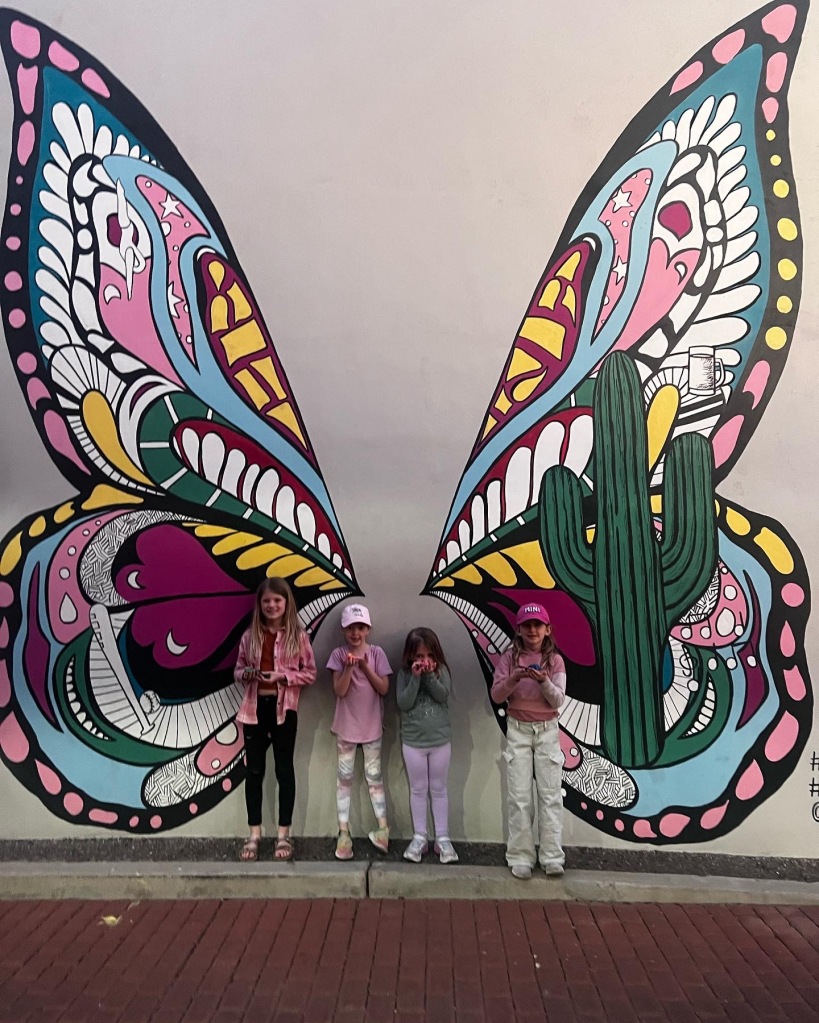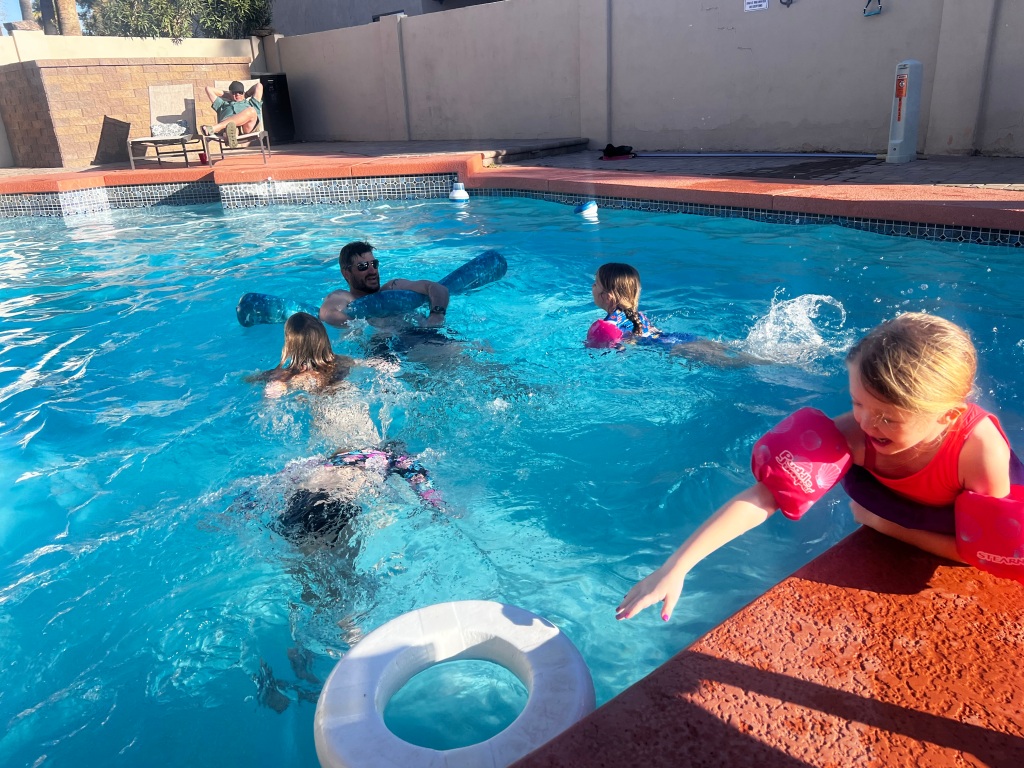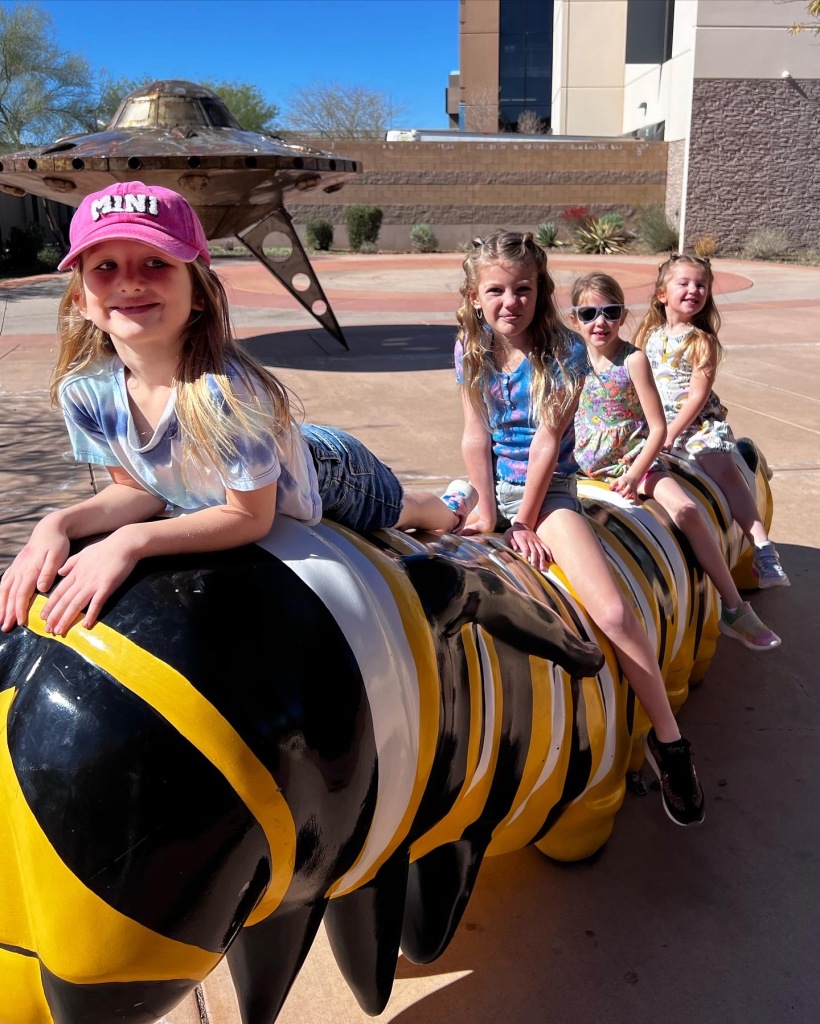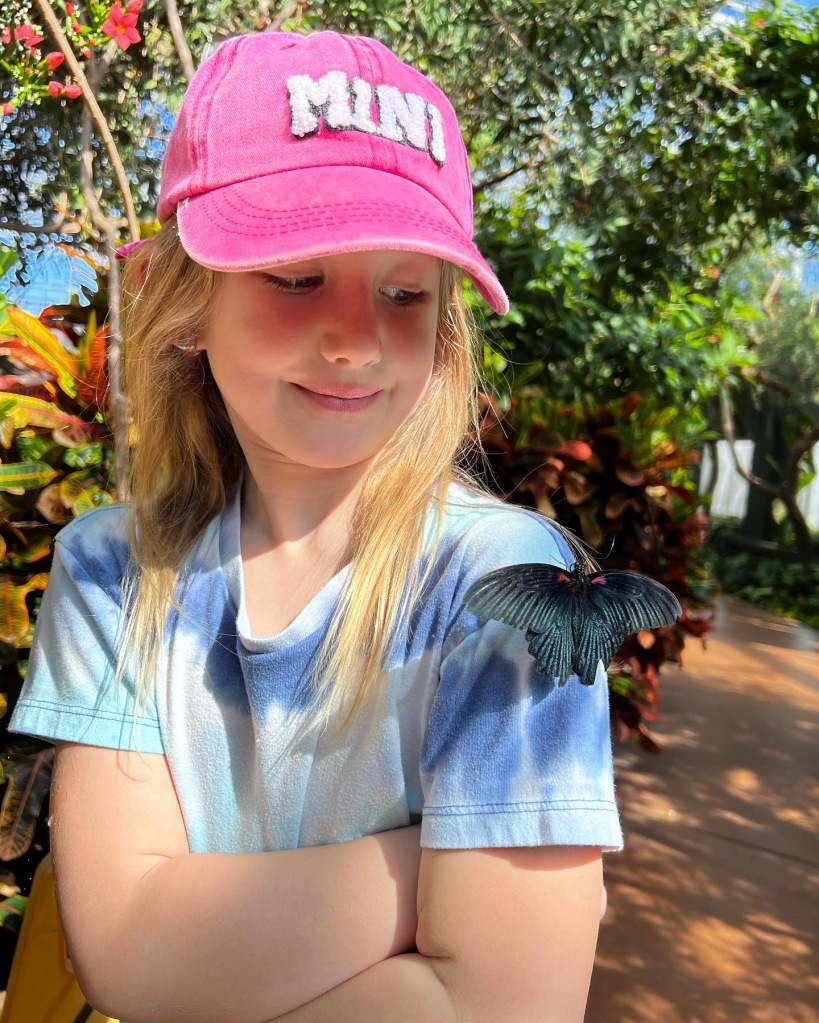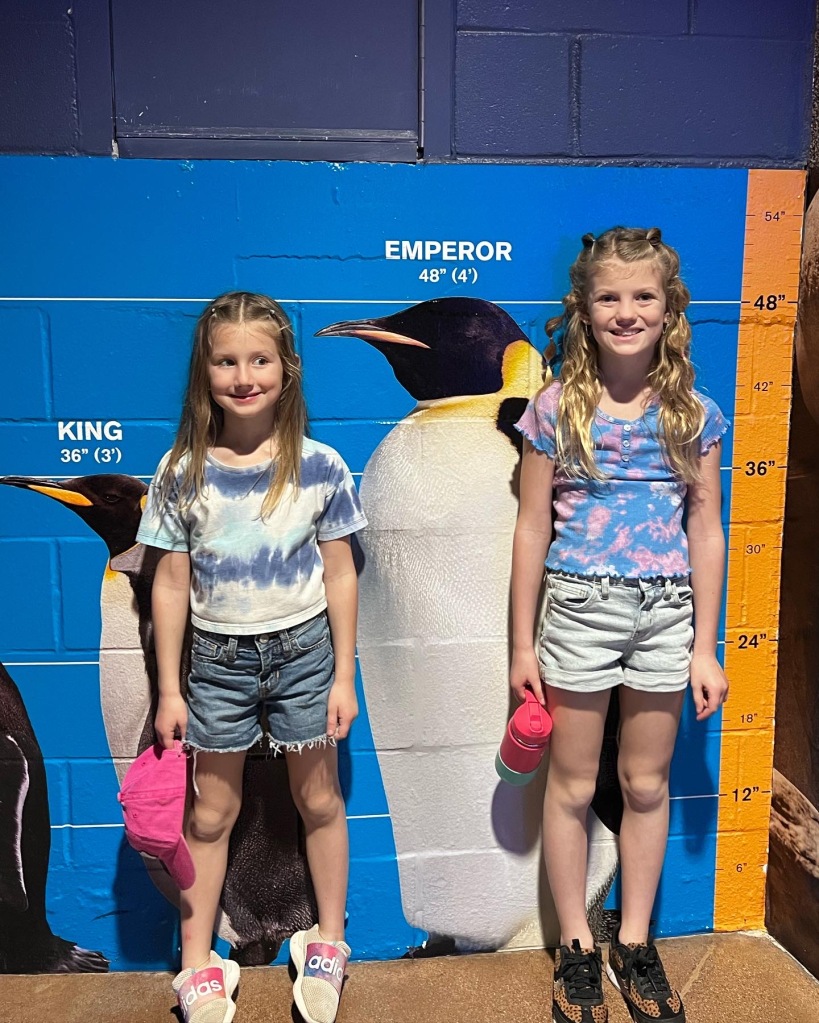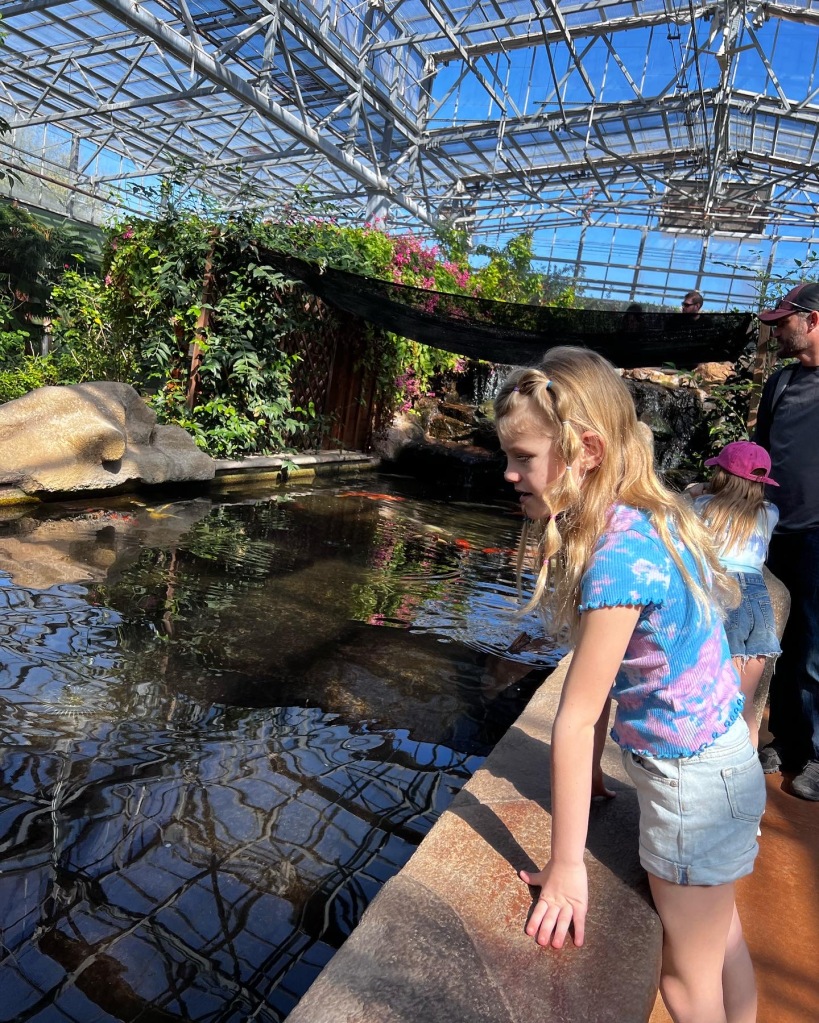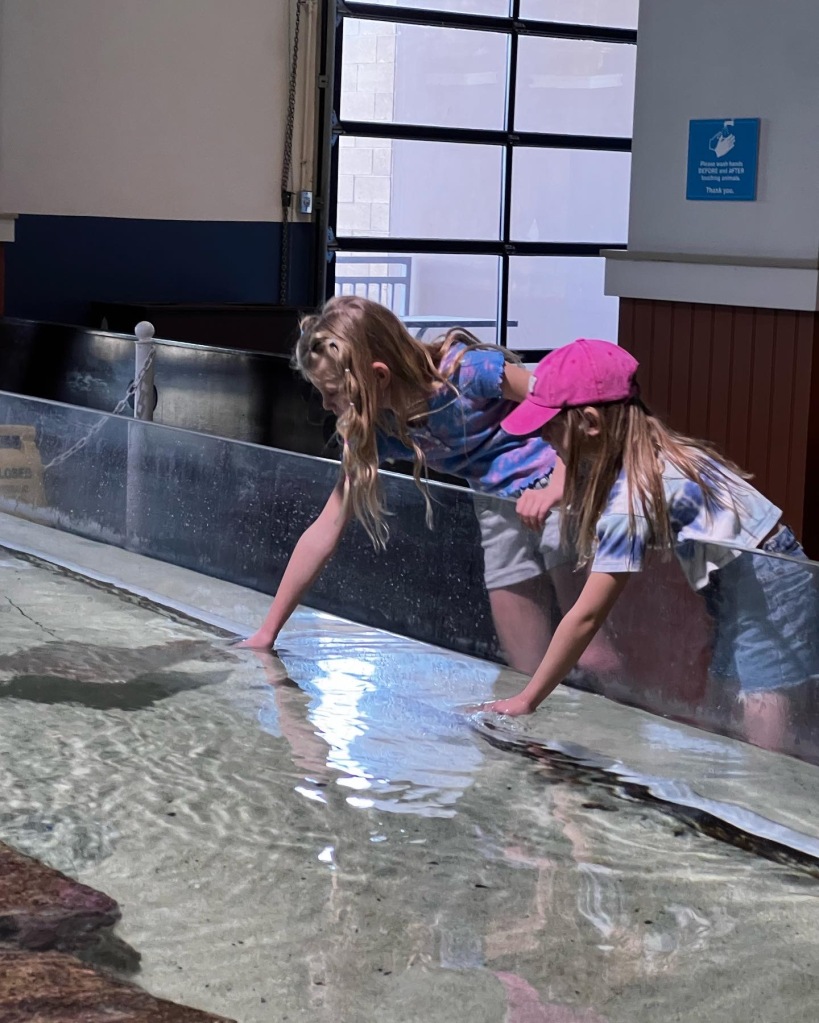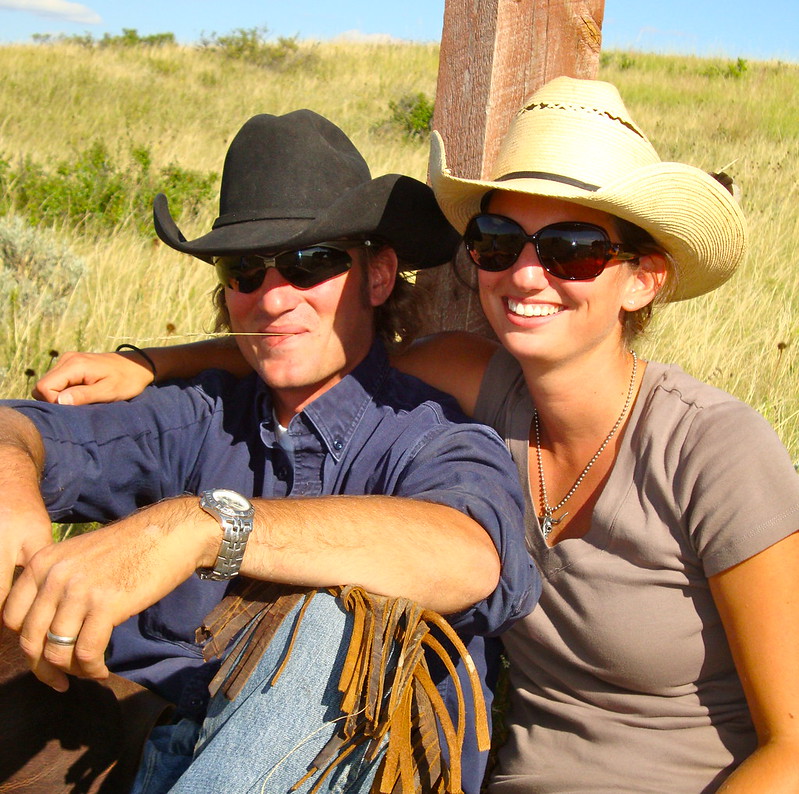
When my husband and I were freshman in college at the University of North Dakota, I used to
visit him in his small, stinky dorm room in Walsh Hall and he would make me tuna salad
sandwiches.
This seems like a silly way to start things off, but every single one of us is living in the ordinary,
everyday moments here, and February has drug on and left us with March and more routine
and I think there’s something to say here…
Recently, our little routine has been intercepted by a home remodeling project. Our plans,
homework and furniture are covered in a layer of sawdust as the girls and I help my husband
where we can between work and school, laying flooring, handing him tools, holding boards and
picking playlists heavy on the Taylor Swift. He’s been working hard to finish a project that, for
so many reasons, some in and some out of our control, has drug on through years. It’s finally
the time to wrap it up and so here we are working supper around hammers on the kitchen
table, and evening snuggles next to the table saw.

This house of ours seems to be a structure changing and growing along with our lives together.
Maybe only a poet could draw the comparison eloquently, but when it was just the two of us,
new in our marriage, it stood as a brand-new cozy cottage in this valley full of hand-me-down
furniture and the dreams we had for our lives here. I remember the first night we spent
together in this house. The waterline hadn’t been dug yet and our upstairs bedroom still had
walls to put up, so we lived downstairs in what was going to be the guest room and we just laid
there, side by side, looking up at the stars out the new window with no blinds.
Fast forward through the years and those two extra bedrooms are now home to dozens of
stuffed animals, puzzles, games, art supplies, night lights, baby dolls, twenty to twenty-five
Barbies, a couple Kens, one Christoph and their dream wardrobe/house/barn/car/camper.
When we were in the planning phases of this house, we didn’t have children and I wondered if
we would regret the staircase or the hardwood flooring if they arrived. Then my friend
reminded me that they would only be babies for a blink of an eye, and that you make your
space what it needs to be along the way. And so here we are taking that phrase quite literally,
adding an entryway to catch the mud, cow poop and the occasional bottle calf at the pass. And
we’ve added a pantry too, because out here so far from the grocery store you need to have
more on hand.

Which led us to where we are now, expanding our living and dining room so we
have more space to host gatherings and holidays, putting our bedroom back on the main floor
and turning that old bedroom loft into an office space for all the paperwork that piles up when
you find yourself smack dab in the middle of middle age.
It seems ridiculous and over the top when I lay it out here, our little cottage in its first form
would have worked perfectly fine for us through any stage. But looking back, I doubt we could
have helped ourselves given my propensity to dream and his to make things. And that’s how
we’re in what is turning out to be, after all these years, a quite beautiful sawdust covered
predicament.

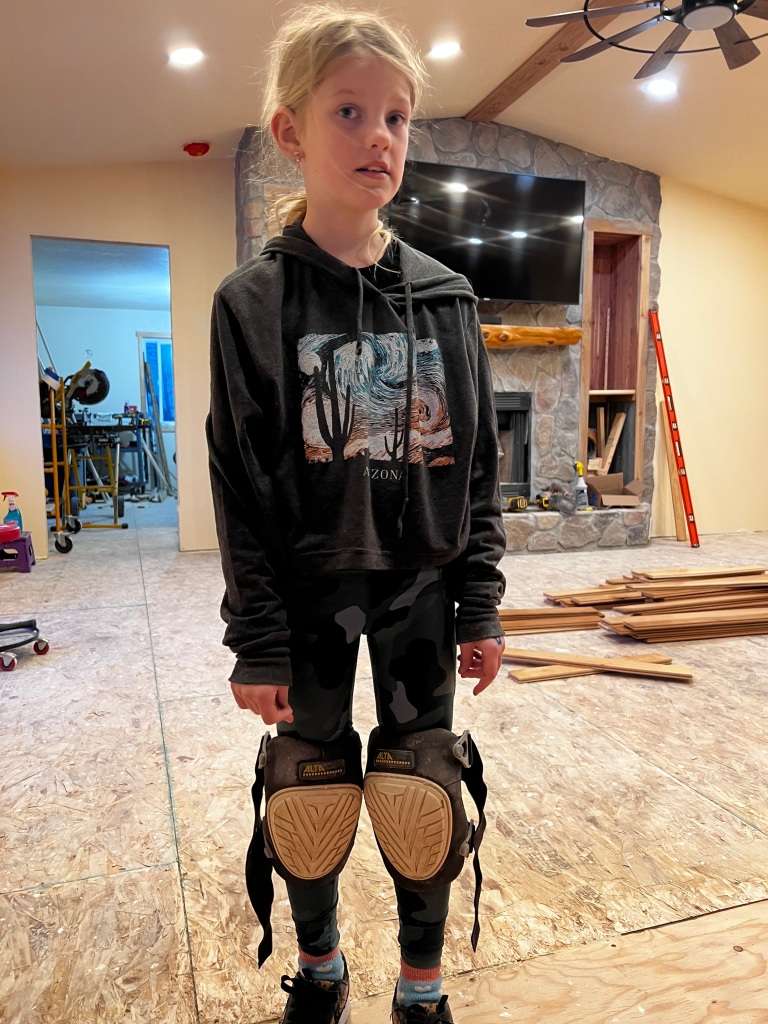

Which brings me to the tuna-salad-sandwich my husband made last weekend during a break
between laying the floor and me taking the girls to 4-H. I sat at the kitchen counter and talked
with him about grocery lists and schedules and mundane things you only say out loud to
someone you’re married to because they listen in a way that’s sort of not listening and that’s
just what you need sometimes. While I chattered, he made his way around the kitchen
gathering ingredients and carefully chopping and mixing—the tuna, the celery and then the
onions, followed by the mayo, the mustard the salt and pepper and some other things I’m sure I
didn’t catch. I looked up and joked, “you sure make a big fuss over a sandwich,” to which he
replied, if you’re going to do it, you might as well do it right.” And it was that ordinary moment
in the middle of February in the middle of marriage in the middle of our lives that flipped the
mundane to affection and then to deep gratitude.
He handed me a plate with two slice of toast, and offered, as he always does, for me to serve
myself first before he stirs in the jalapeños and I guess what I’m trying to say right now is that
sometimes we look for love and forever in heart shaped boxes when maybe the best of all of it
is hidden among the years of tuna fish sandwiches and saw dust.
That’s all. That’s all I wanted to say. If you need me I’ll be sweeping and then vacuuming and
then sweeping again…


